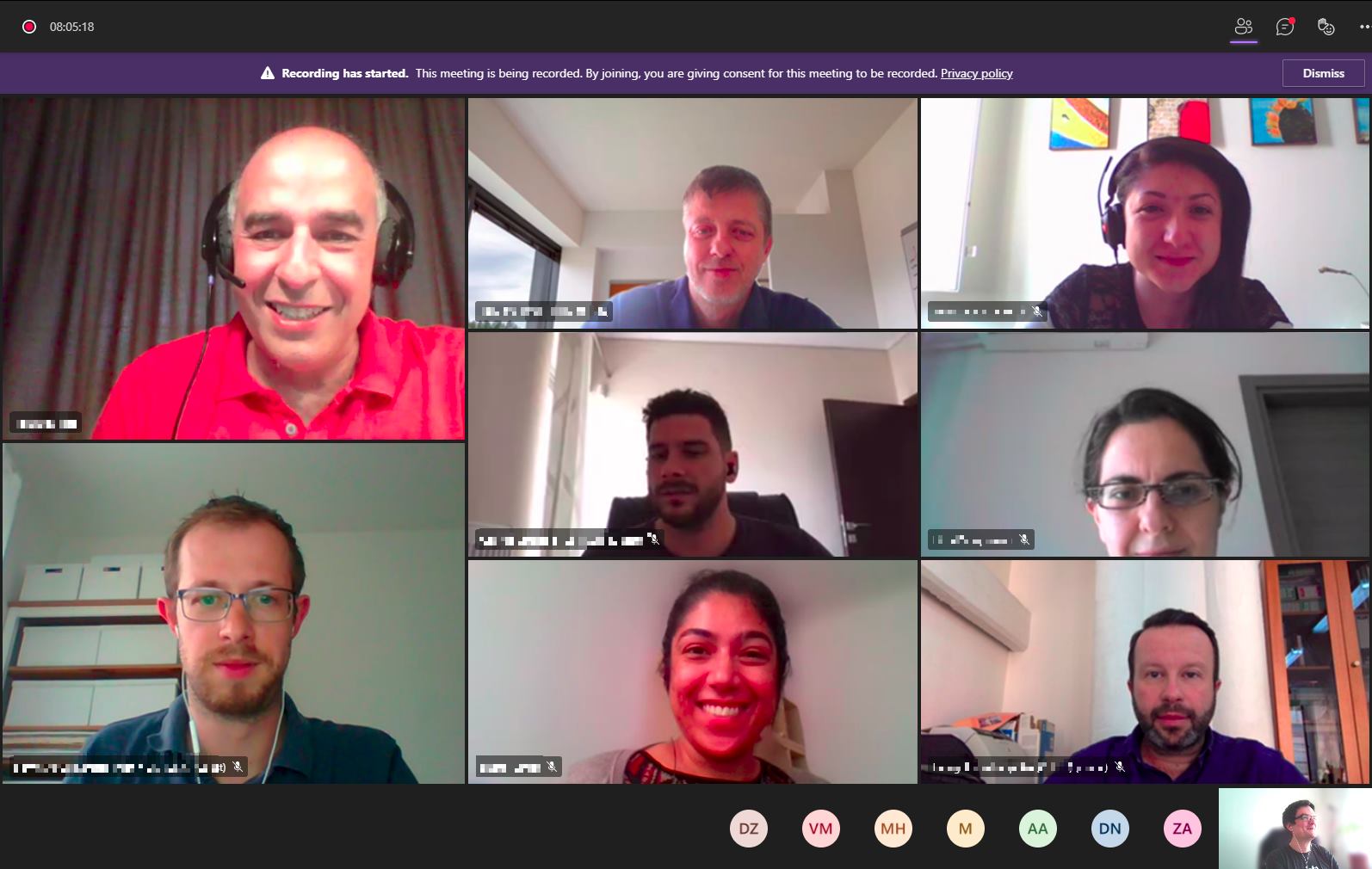As a new kid on the block, it was a particular honour for me to represent the Danube University Krems at the first H2020 “Inclusive Governance Models and ICT Tools for Integrated Public Service Co-Creation and Provision” (inGOV) project plenary meeting held online on 12th May 2021. I was privileged to have been afforded the opportunity to meet and interact with people from our partner institutions – many of whom I would come to be working closely with over the next few weeks – and to get a comprehensive overview of my newly assigned project. From background reading, I already knew that the inGOV project aims to provide innovative ICT-supported governance models as well as mobile apps including chatbots, which will enable stakeholders' collaboration in co-producing inclusive and accessible Integrated Public Services (IPS) thus increasing trust and acceptance. And I was aware that our role will be both to lead Work Package 5 (Sustainability and Policy Recommendations), and to cooperate closely with the Office of the Lower Austrian Federal Government (Land NÖ) in the execution of the Austrian pilot. Judging by the meeting agenda, it was fairly apparent that the main objectives of the plenary were to provide a forum for the reporting of progress made since the commencement of the project in early January 2021, to identify risks, issues, and challenges that warranted further discussion, and to plan ahead for the next twelve months.

The plenary meeting was a full-day affair attended by representatives from each of the participating institutions and pilot cases, and was divided into two sessions. During the first session, task leaders delivered a status update on each of the currently running work packages: namely, WP1 (IPS Enhanced Models and Needs Elicitation), WP6 (Dissemination and Exploitation), WP7 (Project Management), and WP8 (Ethics Requirements). Targets and deadlines met were reported on, and reminders given out for those forthcoming. Progress made on planned deliverables was also discussed. This was followed by a presentation of the technical work packages scheduled to begin at the end of June by Prof. Themis Tambouris, inGOV Scientific Co-ordinator, focusing on their evolution during the first 18 months of the project. The second session of the plenary consisted of two workshops involving the inGOV pilot partners, a feedback and general discussion round, and an open meeting of the Project Co-ordination Committee. The aim of the ‘Vision and Expectations’ workshop, moderated by CERTH, was to facilitate the alignment of the pilots’ objectives with the work that will be conducted in WP2 and WP3. The ‘Implementation and Requirements’ workshop was moderated by UBITECH, with the objective of gathering information about the current technologies already in use by the pilots (services and infrastructure), and to obtain an initial elucidation of the services/infrastructure that are expected to be deployed during the course of inGOV.
Contact
Shefali Virkar, Ph.D.
Tags